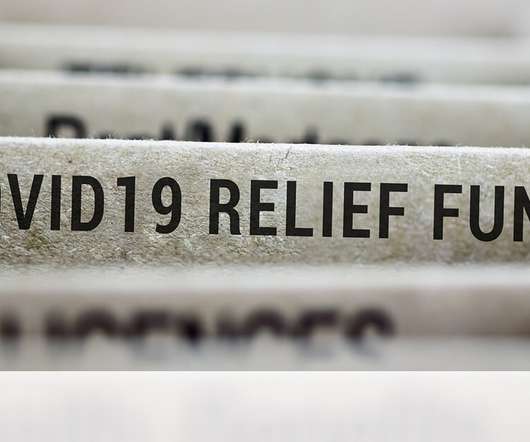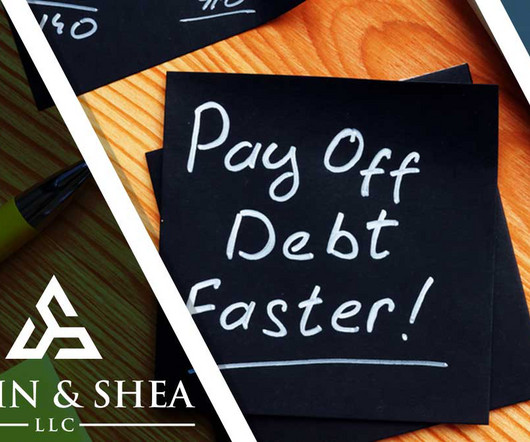Consumer Debt vs. Non Consumer Debt
Sawin & Shea
SEPTEMBER 14, 2022
What is Consumer Debt? Consumer debt refers to an individual, family, or household’s debts incurred through personal spending and expenses. Are Student Loans Consumer or Non-Consumer Debts? You may have noticed that we didn’t list student loans in the consumer and non-consumer categories.













Let's personalize your content